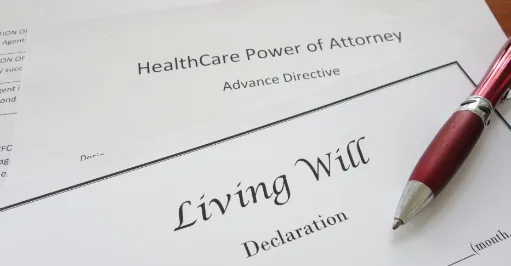The executor is usually a spouse, close family member or trusted friend. If no such person is available, a qualified compensated person can be appointed under state law, according to a recent article from The Street entitled “Top Duties of an Estate Executor and How to Carry Them Out.”
The executor needs to be trustworthy and organized, since there are many details involved. Depending on the complexity and size of the estate, the executor’s duties could include additional tasks. However, the following are the five main categories:
- Filing the will with the court
- Gathering documents
- Paying debts and taxes and collecting from any debtors
- Closing out Social Security accounts, insurance policies and retirement accounts; and
- Maintaining any real estate property, until it is sold or ownership is transferred to an heir.
Once the will is filed with the court and the will is deemed to be valid, the court will issue Letters Testamentary, and the executor will be empowered to go forward with their tasks as directed by the will.
Gathering documents.
The executor needs to gather documents, including:
- Death certificates
- Deeds and titles of ownership
- Trust documents; and
- Insurance policies.
Combine assets and close accounts.
The executor needs to contact the decedent’s banks, credit card companies, lenders, leasing companies and any accounts holding assets.
The executor also applies to the IRS for an estate tax ID number, also known as an EIN, and opens an estate bank account. This is where any assets are deposited, including proceeds from the sale of any assets.
The Social Security Administration needs to be notified of the death. Depending on the date of death, the last Social Security deposit may be recouped from the decedent’s bank account. If there is an eligible survivor, the executor may help the spouse or dependent apply for benefits.
Collect money owed and pay debts.
The executor may help beneficiaries file for life insurance proceeds.
The executor needs to examine and adjudicate any outstanding debts owed to the decedent and handle any creditor claims. The debts are not the financial responsibility of the executor and should be paid only from funds in the estate account.
With good planning, the executor can ensure an orderly and uncontested flow of assets from the deceased’s estate to heirs. This includes consultation with the testator while they are still living and can discuss their wishes and plan for a smooth transition. This is certainly not the most comfortable discussion. However, it can make the process easier for all concerned, if done with kindness and care in advance.
Reference: The Street (Dec. 5, 2022) “Top Duties of an Estate Executor and How to Carry Them Out”
Suggested Key Terms: Executor, Testator, Debts, Estate Planning Attorney, Heirs, Retirement Benefits, Social Security, Survivors, Decedent, Pension, EIN, Proceeds, Letters Testamentary






